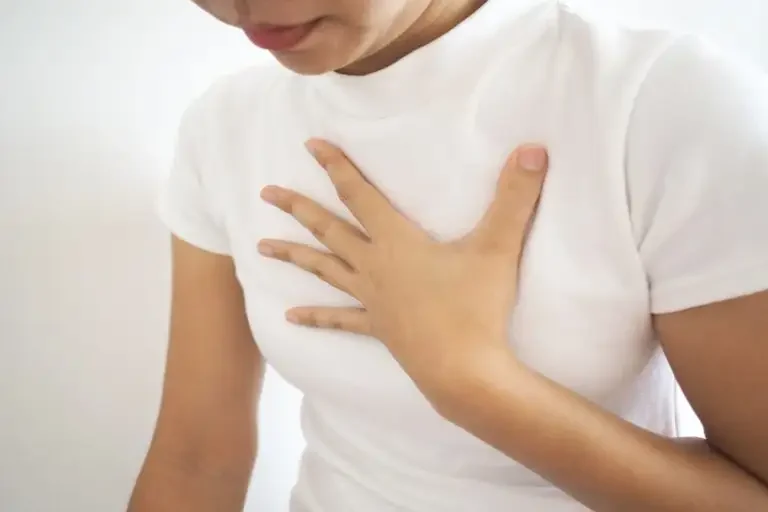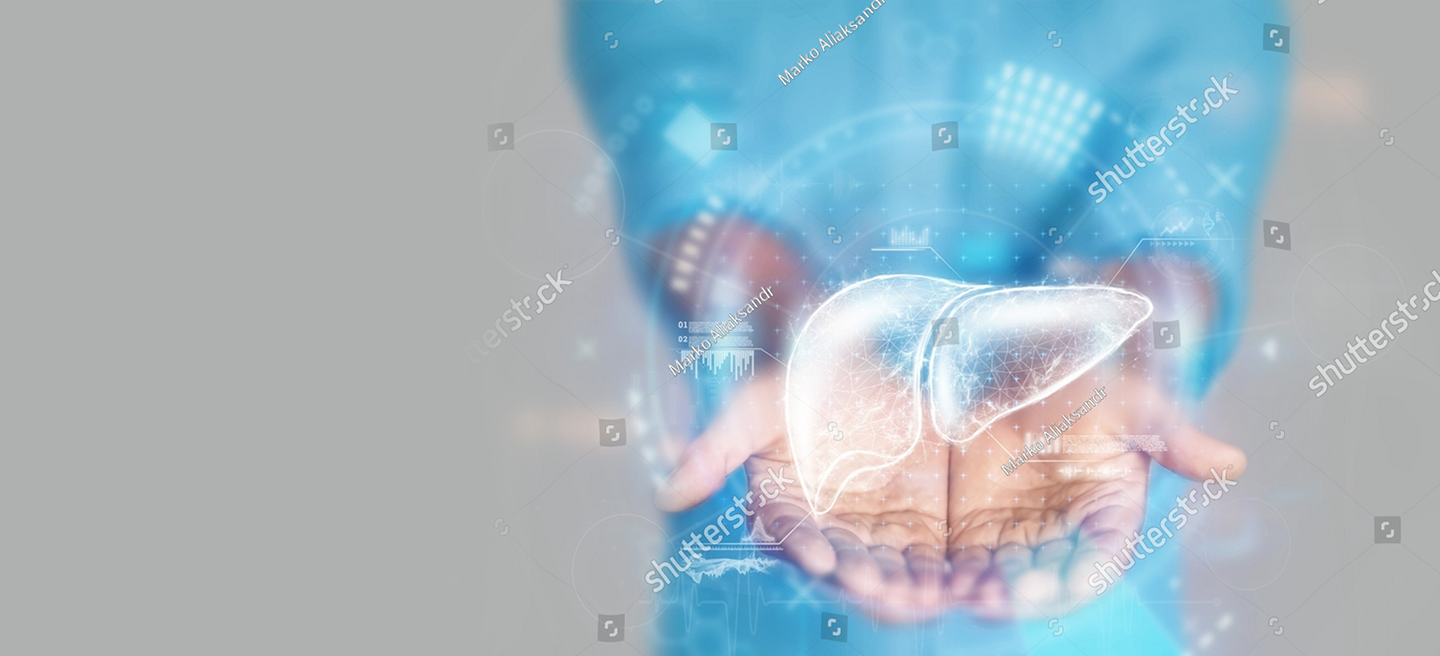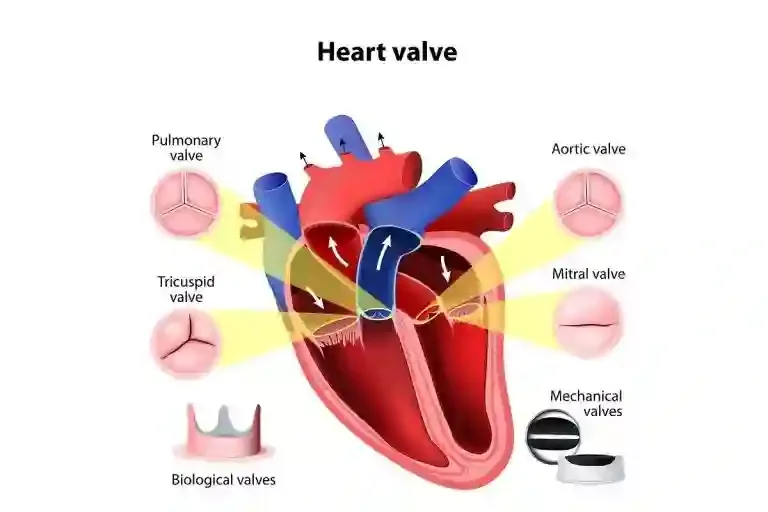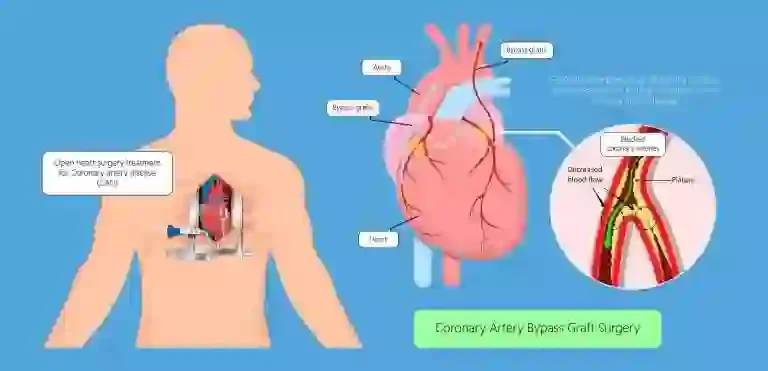Experiencing gas pain in the chest can be troublesome. Here’s why gastric issues cause chest pain and how to get rid of it.
Have you ever felt a sharp pain in your chest and thought you were having a heart attack? Chest pain, ladies, is not always the symptom of a heart attack. It is still possible to experience it if you have gas and acidity. Gas pain in the chest is usually not a cause for alarm. However, the discomfort and pressure it exerts can make your situation uncomfortable and painful.
This burning and stabbing sensation in the chest can be due to different signs of digestive issues such as indigestion, acidity, bloating, or extreme burping.
HealthShots spoke to Dr. Mrudul Dharod, Gastroenterologist, Wockhardt Hospitals, Mira Road, Mumbai, about this condition.
Symptoms of Gas Pain in the Chest
Burning and discomfort are common symptoms of gas pain in the chest. There is a chance that this pain may spread to the abdomen. Stomach-related chest pain symptoms may include the following:
- Sharp or Stabbing Pain: Gas pain in the chest can manifest as sharp or stabbing sensations.
- Bloating and Fullness: Individuals experiencing gas pain may feel a sense of bloating and fullness in the chest. This sensation can be accompanied by tightness and pressure in the chest region.
- Belching or Burping: Excessive belching or burping is a common symptom of gas pain. It is the body’s natural way of releasing accumulated gas from the digestive system, providing temporary relief.
- Chest Tightness: Gas pressure in the chest can lead to a feeling of tightness. This sensation is similar to the pressure experienced during indigestion and may be mistaken for more serious chest pain.
- Increased Discomfort after Eating: Gas pain tends to intensify after meals, especially if the diet includes foods known to cause gas. This post-meal discomfort may be accompanied by bloating and belching.
Difference Between Heart Pain and Gas Pain in Chest
It’s critical to distinguish between heart pain and gas pain in chest to provide the right care and prompt medical attention. Here are some of the main indicators that will help you distinguish between the two:
Nature of Pain
- Heart Pain: Heart pain, often related to cardiac issues, is described as a squeezing, pressure, or heaviness in the chest. It may radiate to the arms, neck, jaw, back, or stomach.
- Gas Pain: On the other hand, pain associated with gas is typically acute, stabbing, or cramping.
Duration and Persistence
- Heart Pain: Heart-related chest pain tends to be persistent and may last for several minutes. It can occur during rest or physical activity.
- Gas Pain: Gas pain is often intermittent and may come and go. It may be triggered by specific movements or changes in body position.
Associated Symptoms
- Heart Pain: Heart pain may be accompanied by symptoms, such as shortness of breath, nausea, sweating, and lightheadedness.
- Gas Pain: Gas pain may be associated with belching, bloating, and relief upon passing gas.
Triggers and Timing
- Heart Pain: Heart-related chest pain can be triggered by physical exertion, stress, or other factors affecting the heart.
- Gas Pain: Gas pain may be triggered by specific foods, swallowing air, or eating too quickly. It often occurs after meals.
Seeking medical attention as soon as possible is advised if you are not clear whether the pain in your chest is being caused by gas or a heart attack.
Causes of Gas Pain in Chest
“Dr. Dharod says that lactose intolerance, gluten sensitivity, eating too many artificial sweetener-based foods, drinking too many carbonated beverages or colas and sodas, eating a lot of high fiber foods, and other factors can cause significant gas in the digestive system, mimicking chest pain. The sensation can cause anxiety and even palpitations or panic attacks. Gallstone pain or gallbladder inflammation can occasionally cause similar symptoms.
As we said, tightness or pain in the chest is not always indicative of a heart attack, but it is an important indicator of a heart attack. So, if you experience chest pain or discomfort, see your doctor right away.”
The following are the gas pain in chest causes:
- Food Intolerance: Extra gas might result from a dietary intolerance that upsets the digestive system. Two recognised causes of gas accumulation include lactose and gluten intolerances. Abdominal pain, bloating, and excessive gas might be symptoms of an enzyme deficiency. Consuming gluten-containing foods triggers an immune response, leading to inflammation and gas production.
- Carbonated Beverages: Carbonated drinks release carbon dioxide when consumed. This gas can accumulate in the digestive system, leading to bloating and chest pain. Additionally, the acidity in sodas may exacerbate gastroesophageal reflux.
- High Fiber Foods: While high-fiber foods are generally beneficial, excessive intake can cause gas. The bacteria in the colon ferment undigested fiber, producing gas as a byproduct. This can lead to chest pain and bloating.
- Ingesting Air: When we eat, drink, or chew gum, the air we swallow can get stuck in our digestive tract, much like the carbon dioxide in fizzy beverages. An accumulation of gas in the digestive system from overeating might result in chest or belly pain from gas pain.
- Gallbladder or Biliary Tree Diseases: Excess gas and chest discomfort might be symptoms of conditions related to the gallbladder or biliary tree, such as gallstones.
- Digestive problems: Chest discomfort that feels like gas might be an indication of some digestive problems. Buildup of gas in the digestive tract can be caused by inflammatory disorders, such as Crohn’s disease or ulcerative colitis (UC), which are types of inflammatory bowel disease (IBD). The symptoms of other digestive system issues, like those brought on by diabetes mellitus, may resemble these.
Gas Pain in Chest: Is it Due to Acidity, Gas, or a Heart Attack?
Pain in the chest, especially in the center or left side, is always a symptom of concern. Though we commonly consider chest pain as a symptom of a heart attack, it can also be caused by acid reflux or a collection of gas.
“Acid reflux (also known as gastroesophageal reflux disease or GERD) occurs when stomach acid leaks into the esophagus, causing symptoms such as chest pain, heaviness, or burning” says Dr. Dharod.
Gas accumulated in the stomach, small intestines, or colon (large intestine) can cause upper abdominal discomfort, which patients frequently misinterpret as central chest pain.
Home Remedies for Gas Pain in Chest
1. Drink warm liquids and herbal teas
Drinking enough water throughout the day is critical for preventing many problems, including gas. Water can aid in passing the excess gas through the digestive tract and can ease gas pain and discomfort. Warm water or herbal teas can be very relaxing. Cucumber juice, coconut water, ajwain water, and saunf water are also options.
2. Have ginger
Another home remedy that can help with digestive issues such as gas is ginger. Have ginger tea and you will surely notice the difference. Its anti-inflammatory properties aid in the relief of gas, acid reflux, and heartburn. It can be eaten by adding it to soups, sabzi, and curry. Drinking a cup of ginger tea is the best way to get immediate relief.
3. Avoid gluten and dairy products
If you notice gas pain in your chest then make sure to stay away from carbonated drinks and sodas, milk and dairy products, and gluten.
4. Exercise every day
Staying physically active is critical for digestive health. Walking, swimming, yoga, or any other form of exercise can help you pass gas and manage your chest pain.
5. Avoid spicy
Acidity and gas are commonly caused by eating spicy, oily, or contaminated food. So, avoid eating heavy and greasy meals if you want to stay away from stomach gas. Instead, include oats, khichdi, green leafy vegetables, vitamin C-rich foods, nuts, seeds, and egg whites in your diet.
Dr. Mrudul Dharod
Consultant – Gastroenterologist
Wockhardt Hospitals, Mira Road
To book an appointment call: +918108101104
Source: https://www.healthshots.com/preventive-care/self-care/gas-pain-in-chest-5-home-remedies-to-cure-gas/
FAQs on Gas Pain in Chest
Q. Is the gas in my chest serious?
Gas in the chest is typically not serious and often related to digestive issues. However, persistent or severe chest pain should be evaluated by a healthcare professional to rule out more serious conditions, such as heart problems.












